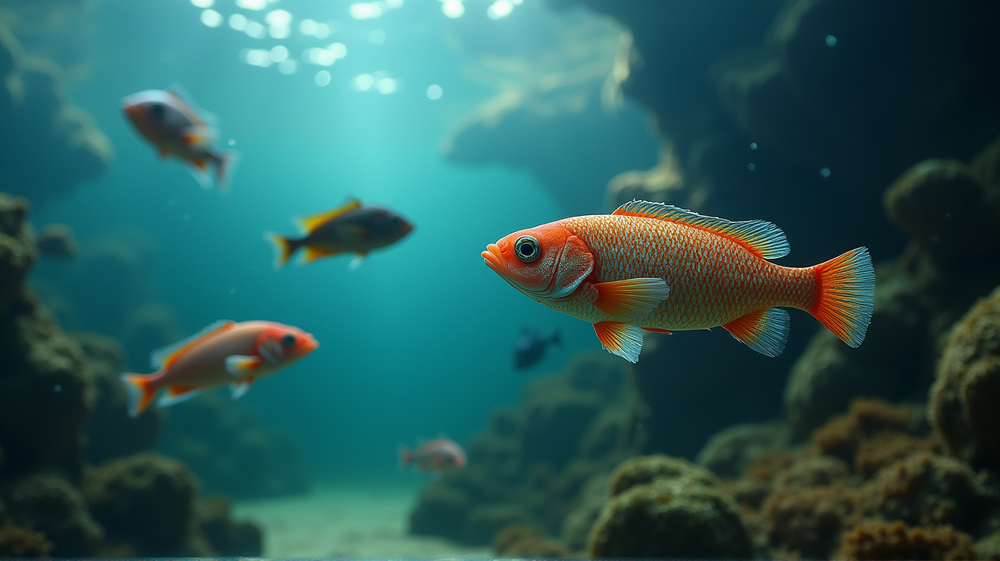In recent years, climate change has led to escalating ocean temperatures, presenting a formidable challenge for aquatic ecosystems. A question on many minds is whether oxygen supersaturation could offer refuge to marine life facing thermal threats. However, new research shatters this as a blanket solution.
Temperature vs. Oxygen
Oxygen supersaturation has been considered a potential savior for marine life. The phenomenon typically occurs in shallow waters brimming with photosynthetic life, releasing excess oxygen into the water. Yet, as a recent global study from Trent University unfolds, this theory doesn’t hold up universally.
The research, involving 14 aquatic species, explored whether increased oxygen levels could enhance their tolerance to rising temperatures. The outcome? For 10 of the species, the extra oxygen did little to nothing in aiding their resistance to heat. This debunks the notion that oxygen is a standalone remedy for warming waters.
A Small Glimmer of Hope
Interestingly, the study did note a minor increase in heat tolerance—0.2 to 0.3°C—in four species, including two tropical reef fishes and two marine crustaceans. However, these gains appear negligible in the broader context of ongoing ocean warming, hinting that increased oxygen isn’t a widespread protective agent.
From the Lab to the Ocean
According to Natural Science News, understanding the complexities of aquatic species’ responses to combined environmental stressors requires more nuanced insights. The physiological processes underpinning thermal tolerance involve intricate molecular mechanisms, and simply supplying more oxygen cannot reverse the damaging effects of extreme heat on these systems.
Rethinking Climate Models
These findings compel a reconsideration of how climate risk assessments integrate oxygen levels. As the study reveals, oxygen supersaturation figures insignificantly in predicting most species’ responses to warming waters. Therefore, while oxygen influences metabolism, its role as a mitigator in climate impact predictions is limited.
Navigating a Heated Future
Ultimately, this research is crucial as it informs conservation strategies and policy-making concerning marine and freshwater ecosystems. It emphasizes the need for diversified approaches when addressing the challenges faced by aquatic life in a changing climate.
This study reaffirms the urgency of focusing conservation efforts on multifaceted strategies rather than relying on single-factor solutions like oxygen levels. As our planet continues to warm, understanding and adopting comprehensive ecological responses will be vital for sustaining our aquatic treasures.












